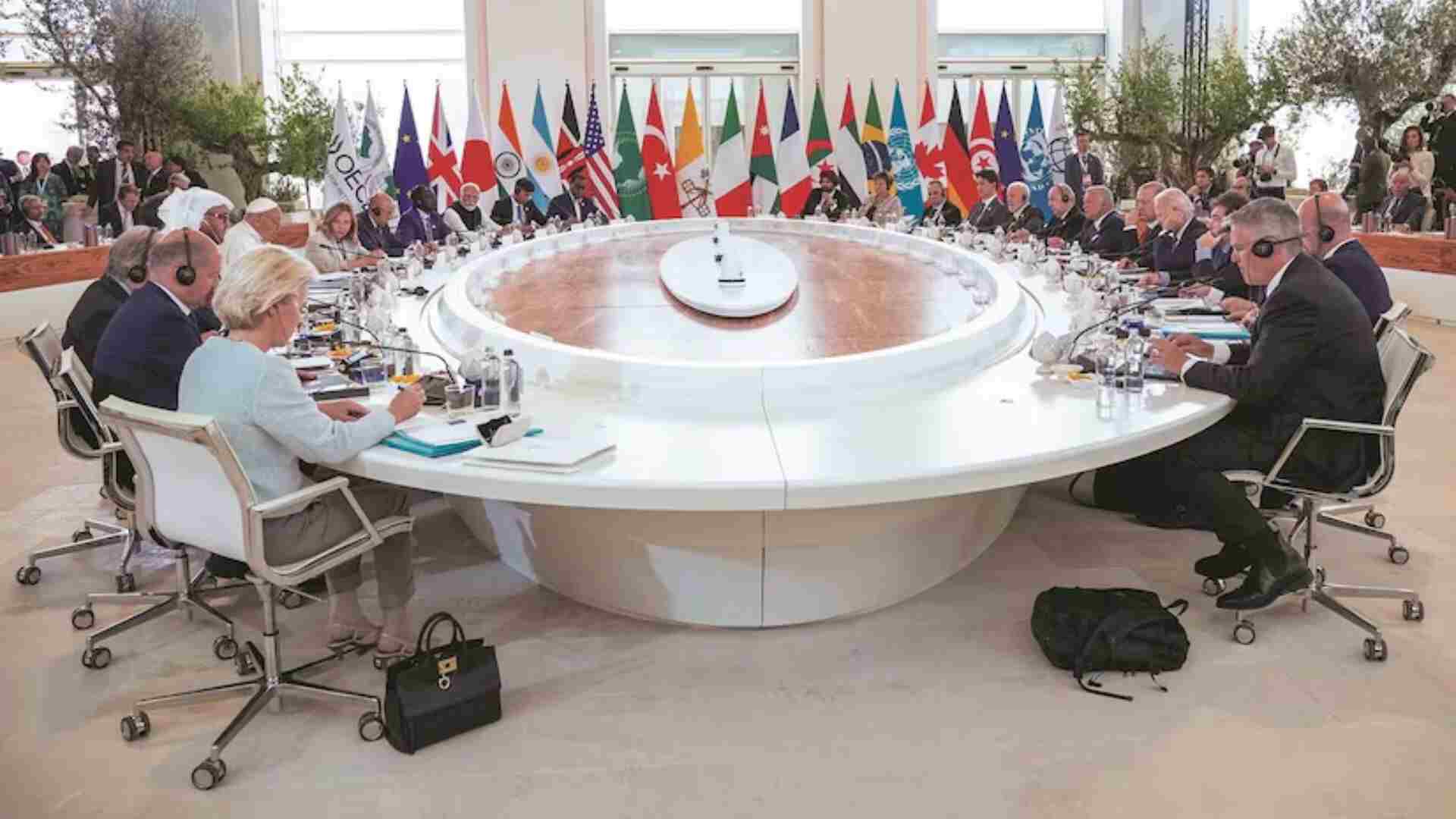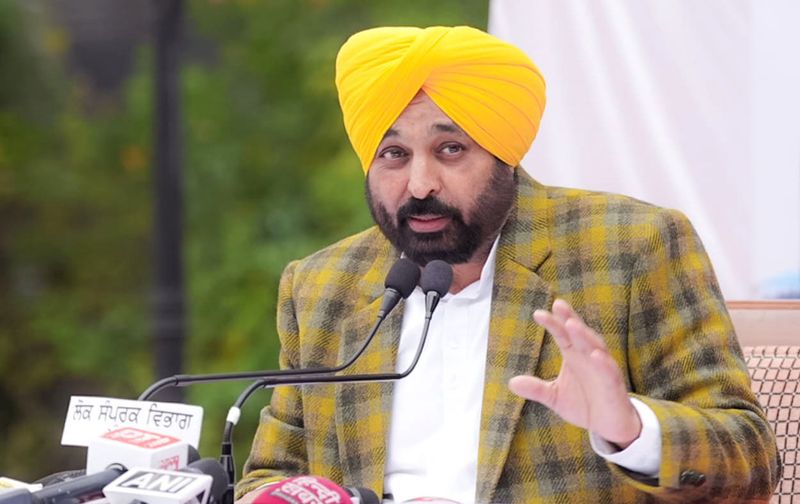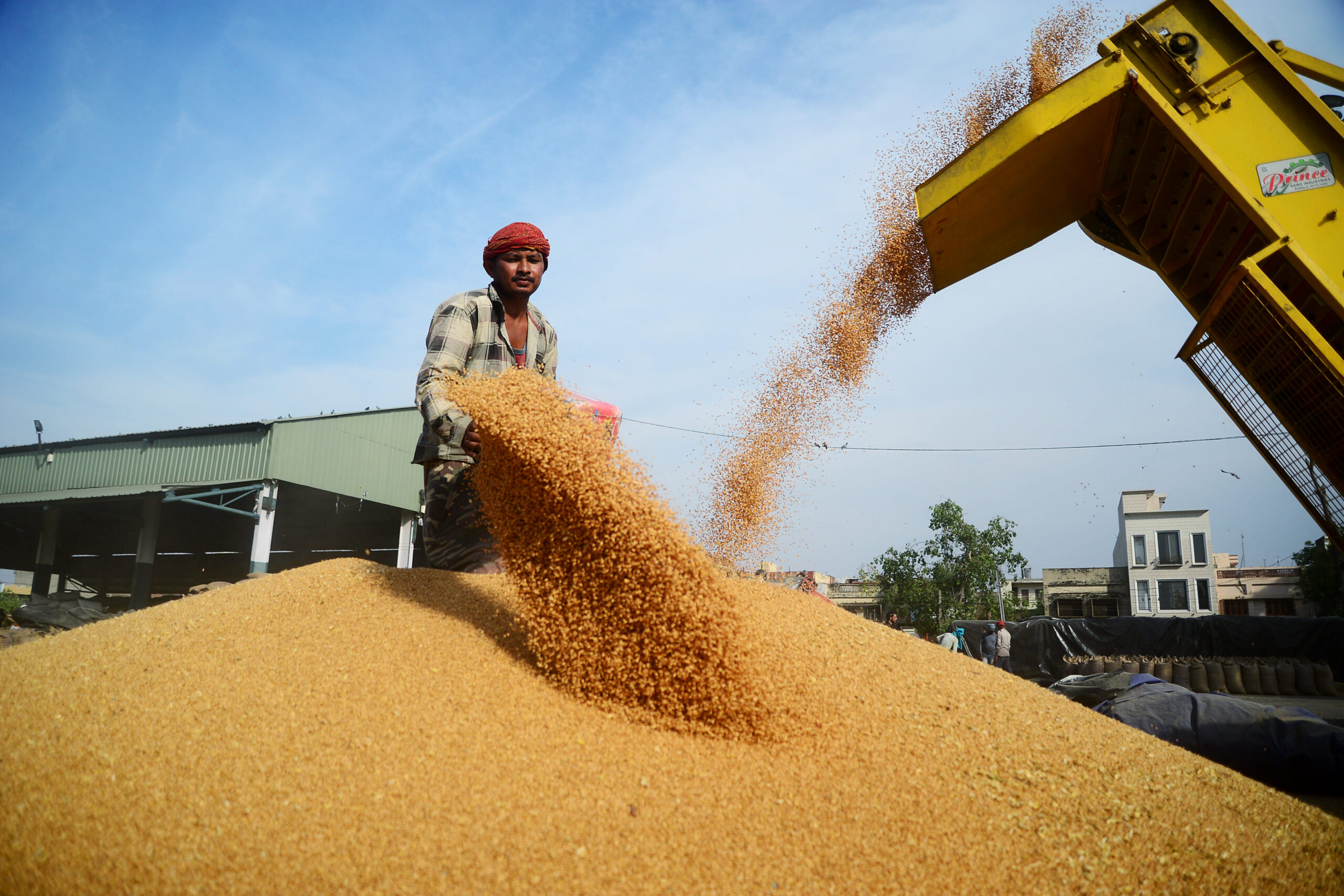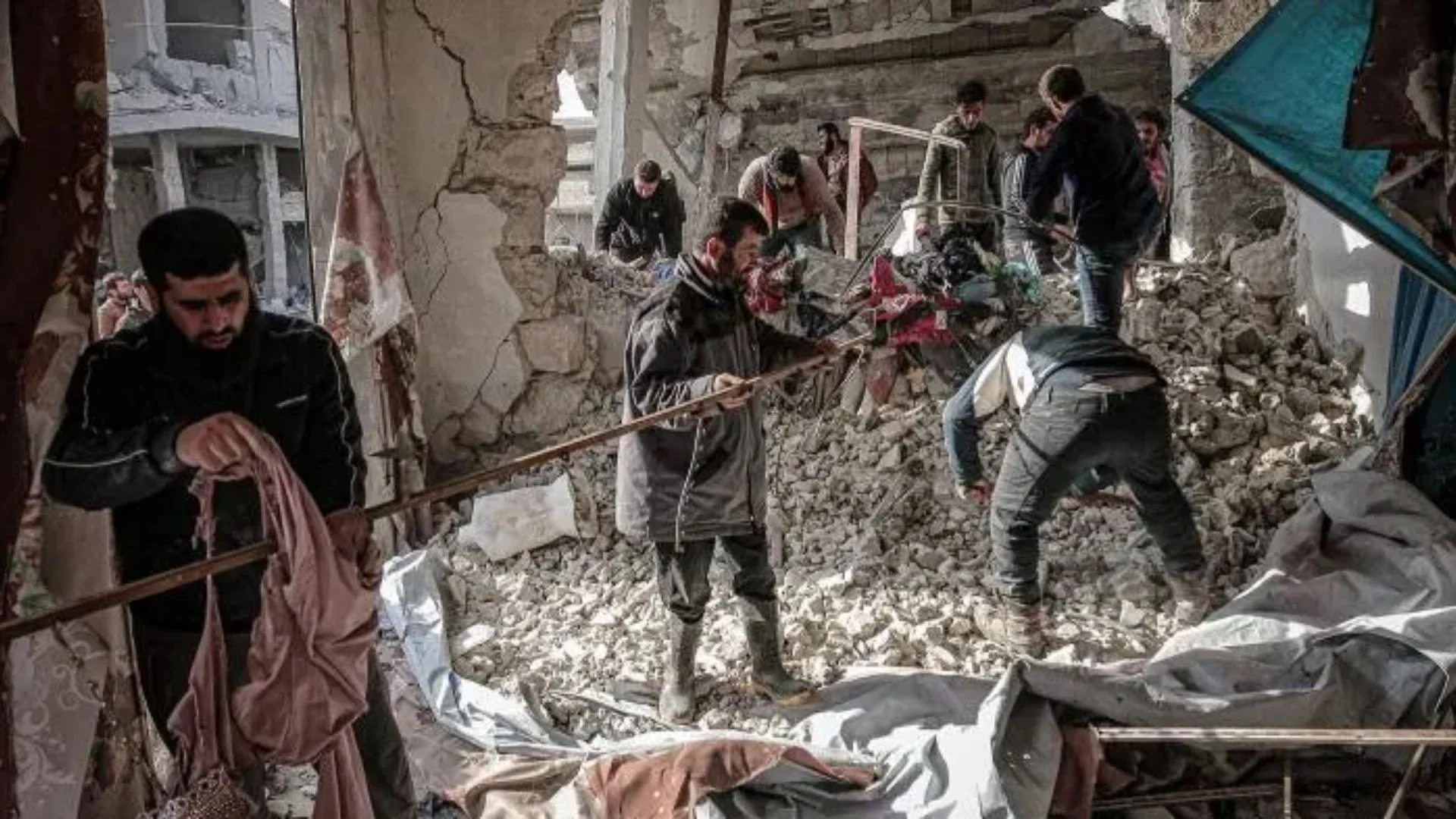The G7 nations have pledged support to infrastructure projects like the India-Middle East-Europe Economic Corridor (IMEC), as noted in their summit statement, or the G7 Communique, released at the end of the three-day G7 Summit, which Prime Minister Narendra Modi attended.
The Communique was published on Friday evening after the traditional group photo at the luxurious Borgo Egnazia resort.
During the G7 Summit, leaders reiterated their commitment to a “free and open Indo-Pacific” governed by international law. Prime Minister Modi was invited by Italian Prime Minister Giorgia Meloni, who hosted the event.
The communique stated, “We will further promote concrete G7 PGII (Partnership for Global Infrastructure and Investment) initiatives, flagship projects, and complementary initiatives to develop transformative economic corridors for quality infrastructure and investment, such as the deepening of our coordination and financing for the Lobito Corridor, the Luzon Corridor, the Middle Corridor, and the India-Middle East-Europe Economic Corridor, also building on the EU Global Gateway, the Great Green Wall Initiative, and the Mattei Plan for Africa launched by Italy.”
IMEC is described as a groundbreaking project aiming to establish an extensive network of roads, railways, and shipping routes connecting Saudi Arabia, India, the United States, and Europe. This initiative seeks to promote integration between Asia, the Middle East, and Western countries.
IMEC is also seen as a strategic effort by allied nations to increase their influence, particularly in response to China’s Belt and Road Initiative (BRI). The BRI, a significant infrastructure project, links Southeast Asia, Central Asia, Russia, and Europe with China. The IMEC framework was finalized during discussions at the G20 Summit hosted by India in Delhi last year.
Pope Francis made history by attending the G7 summit hosted by Italy, alongside leaders such as US President Joe Biden, Canadian Prime Minister Justin Trudeau, British Prime Minister Rishi Sunak, French President Emmanuel Macron, German Chancellor Olaf Scholz, Japanese Prime Minister Fumio Kishida, European Council President Charles Michel, and European Commission President Ursula von der Leyen.
Modi addressed the Outreach session on Friday, discussing topics like Artificial Intelligence, Energy, Africa, and the Mediterranean.
The communique further stated, “In a spirit of shared responsibility, we warmly welcome the participation of the Leaders of Algeria, Argentina, Brazil, India, Jordan, Kenya, Mauritania, Tunisia, Turkiye, and the United Arab Emirates. We will step up our efforts to enhance interoperability amongst our AI governance approaches to promote greater certainty, transparency and accountability while recognizing that approaches and policy instruments may vary across G7 members. We will take a risk-based approach in these efforts as we seek to foster innovation and strong, inclusive, and sustainable growth.”
Another significant agenda item was expressing robust and consistent support for Ukraine amidst its conflict with Russia.
The statement added, “With a view to supporting Ukraine’s current and future needs in the face of a prolonged defence against Russia, the G7 will launch Extraordinary Revenue Acceleration (ERA) Loans for Ukraine, in order to make available approximately USD 50 billion in additional funding to Ukraine by the end of the year. Therefore, without prejudice to possible other contributions and standing together, the G7 intends to provide financing that will be serviced and repaid by future flows of extraordinary revenues stemming from the immobilisation of Russian sovereign assets held in the European Union and other relevant jurisdictions. To enable this, we will work to obtain approval in these jurisdictions to use future flows of these extraordinary revenues to service and repay the loans.”







